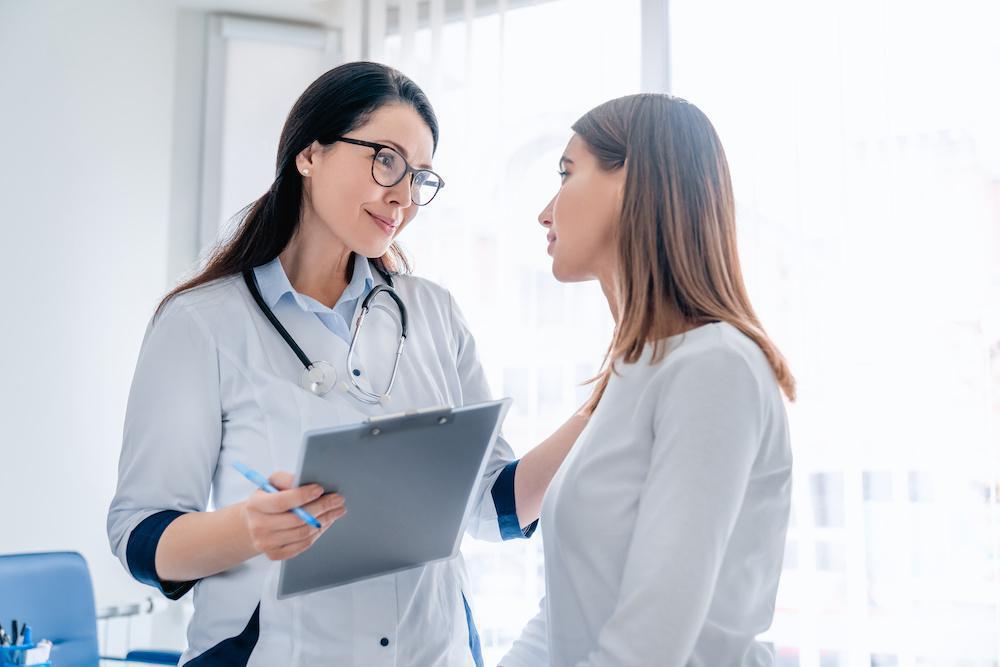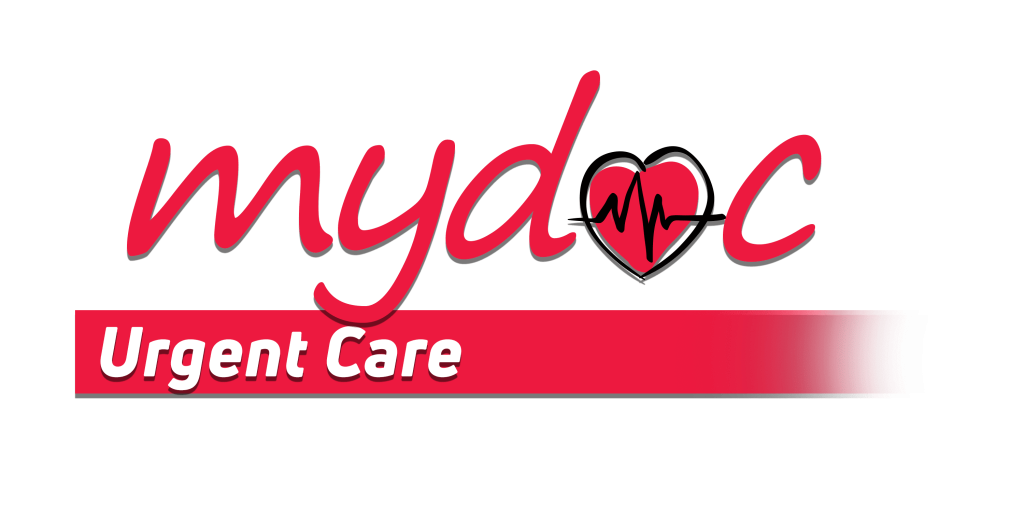How are STDs Treated?

The board-certified physicians at MyDoc Urgent Care provide outstanding medical care to New York residents of all ages from our family friendly offices in Forest Hills and East Meadow. Our services include the highest-quality treatments for a variety of illnesses, allergies, non life-threatening injuries, and routine wellness exams.
As part of our commitment to protecting your overall health and wellbeing, we also offer confidential STD testing and treatment via same-day scheduled or walk-in appointments.
Who is at risk for sexually transmitted disease (STD)?
Essentially anyone who is sexually active risks exposure to a sexually transmitted disease (STD), also known as a sexually transmitted infection (STI). These bacterial, viral, and parasitic infections pass from person-to-person via the exchange of blood, semen, vaginal, and other body fluids. Though most often passed through sexual contact, risky behaviors such as sharing needles with others during drug use also elevates the risk of contracting an STD. Young adults and older teens tend to be more sexually active than older adults. This increases the risk of infection in certain age groups. Other factors that may raise your risk of STD exposure include:- Multiple sexual partners
- Unprotected sex
- History of STD or HIV, which can lower your resistance to other infections
- Forced sexual intercourse
- Excessive alcohol use, which lowers your inhibitions and resistance to risky behaviors
How is STD testing done?
Testing or screening for STDs may include:- Blood tests, often done to confirm HIV or diagnose late stage syphilis
- Urine studies
- Fluid samples taken from open genital sores
How do you treat STDs?
Depending on the type of infection you have, STD treatment may include:Antibiotics
Antibiotics are used to cure bacterial and parasitic STDs. These include:- Gonorrhea
- Syphilis
- Chlamydia
- Trichomoniasis
Antiviral therapy
Viral STDs such as genital herpes and HIV are much harder to treat than bacterial infections and most are manageable, but not curable with antiviral drugs. You may, for instance, experience fewer outbreaks of genital herpes while taking a daily dose of prescription medication, but can still give your partner herpes. Antiviral drugs can help keep HIV infections under control for years, but you still carry the virus and so can still transmit it. The health benefits of suppression therapy, however, are significant. Taking your medication as directed can lower virus counts to a nearly undetectable range. Medication is also available that helps prevent the HIV virus from becoming active in your body. This medication (pre-exposure prophylaxis or PrEP) is taken daily and designed for individuals who do not yet have HIV, but are at high risk of exposure. Protect your health! Visit MyDoc Urgent Care for STD testing and treatment today.SCHEDULE A CONSULTATION
